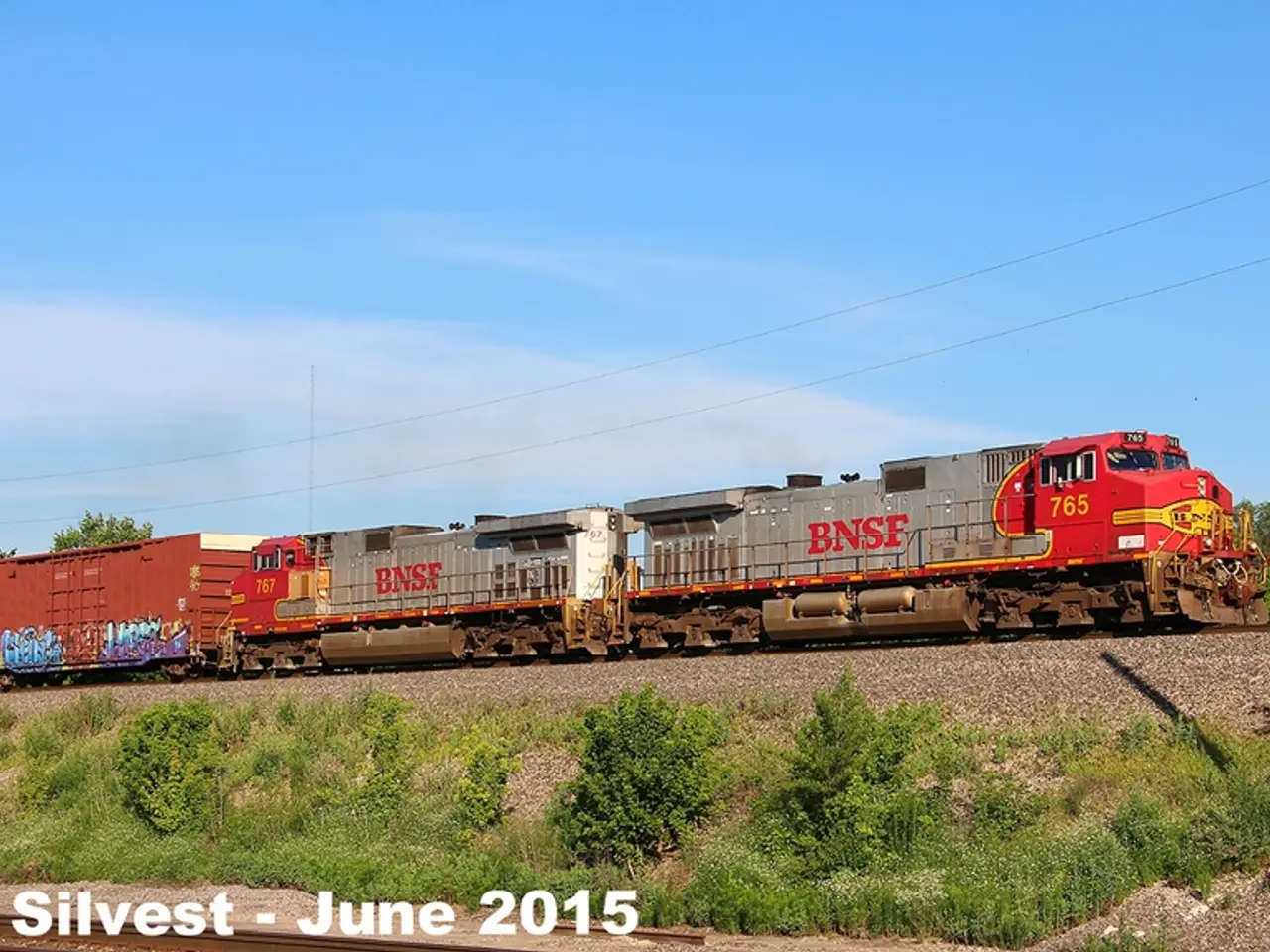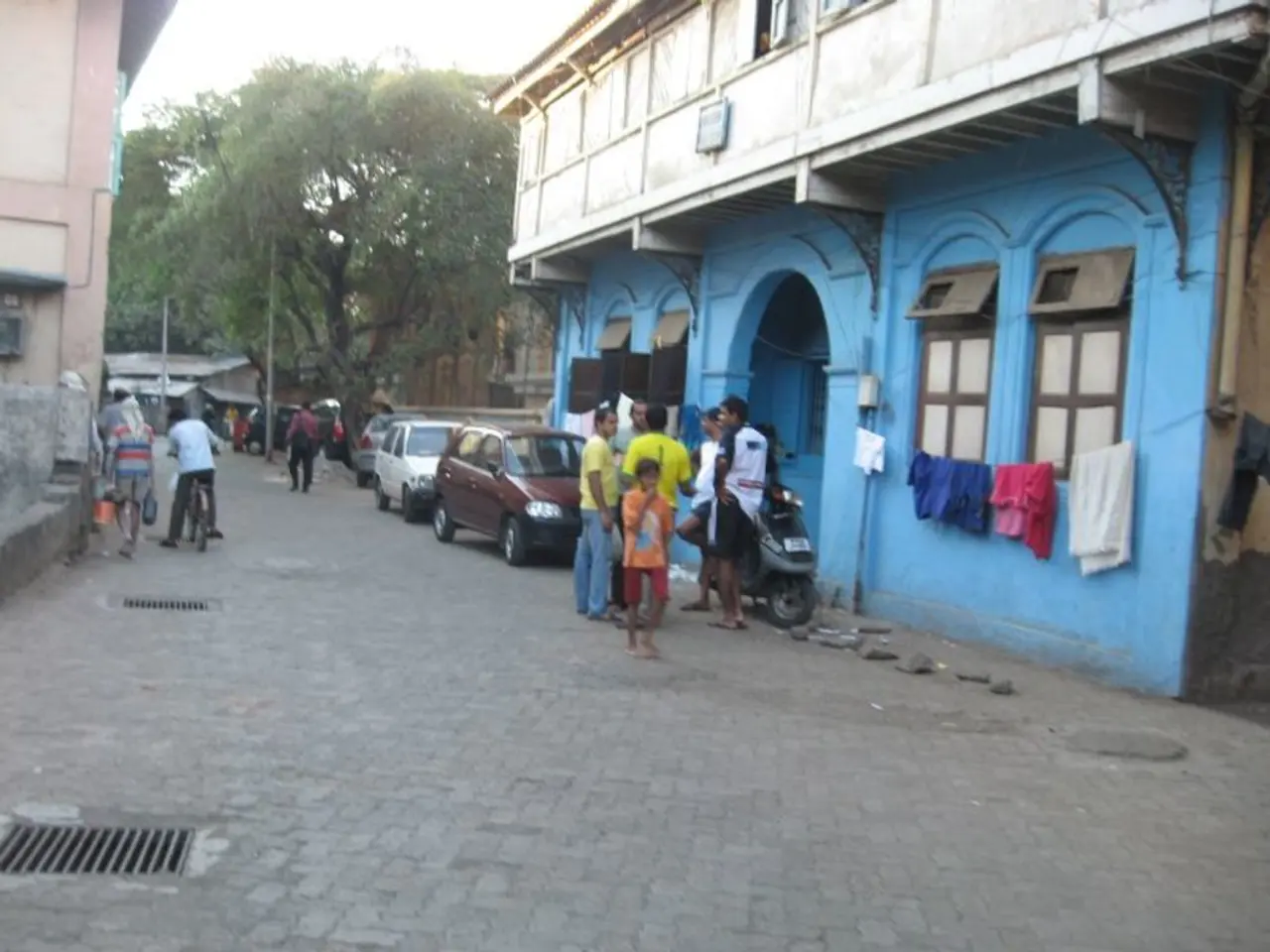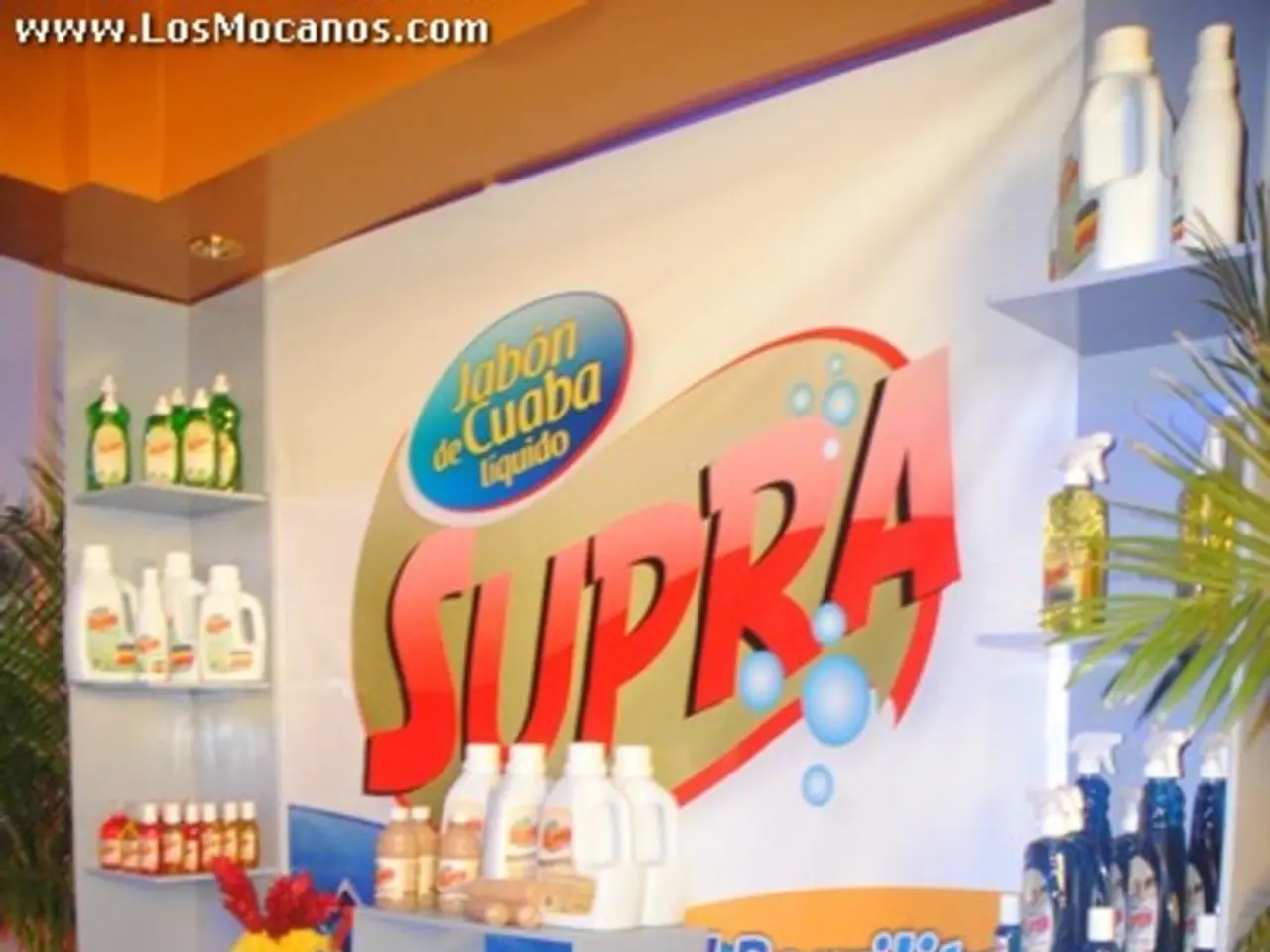Forward Look: Energy Solutions of Tomorrow
In the heart of West Africa, Sierra Leone is making strides towards a greener future, thanks to the efforts of Welthungerhilfe and its partners. The organisation's focus on improving sustainable waste management and integrating clean energy solutions is bringing about a significant change, particularly in urban areas like Bo, Kenema, and Makeni.
The organisation's key initiative, the Improved Waste Management Project, began as a pilot in Bo and is now being expanded to other cities. This project includes the rehabilitation and closure of major illegal dumpsites, such as the Bomerh site in Bo, which involves relocating illegal settlers and clearing the site to reduce pollution.
In line with their sustainability strategy, Welthungerhilfe also pursues solarization efforts to reduce dependency on fossil fuels like diesel. They replace diesel generators with clean solar energy to cut greenhouse gas emissions, operational costs, and local air and noise pollution. This approach supports sustainable, cost-effective energy models that align with their broader mission of combating hunger and improving living conditions.
One such example of this transition can be seen in the village of Gbinti, where Welthungerhilfe, Energy for Opportunity (ENFO), IBIS, and COOPI are constructing solar arrays of 70 to 120 kilowatts and a Mini Grid. This supply of clean energy is reaching households, businesses, and institutions, providing a much-needed solution for a community that previously relied on harmful and expensive energy solutions like firewood, charcoal, and diesel generators.
The project also includes the installation of energy kiosks, providing villagers with a convenient way to charge their mobile phones, flashlights, and batteries. In remote villages like these, such services are a lifeline, connecting communities and enabling economic activity.
The expansion of local energy grids is part of Welthungerhilfe's efforts to support Sierra Leone in expanding their energy infrastructure. The organisation is also working in the Western Area Peninsula, supplying more than 200 households in River Number 2 and John Obey with solar energy. Schools, small enterprises, community centres, the forestry administration, and sustainable tourism centres in these communities are also connected to the grid.
The local administration and the national Ministry of Energy are involved in these projects to ensure the long-term maintenance and upkeep of the facilities. Experts are also educating community members about energy, environmental issues, power usage, and democratic processes, empowering them to make informed decisions about their energy consumption and the future of their communities.
In the eastern district of Kenema, the village of Panguna is another beneficiary of Welthungerhilfe's sustainable energy solutions. The village receives electricity from various photovoltaic facilities, transforming daily life and enabling economic activity.
Welthungerhilfe's work in Sierra Leone is a testament to the power of sustainable energy solutions to transform lives and communities. By focusing on improved waste management, solarization, and education, they are creating a greener, more sustainable future for Sierra Leone.
[1] Welthungerhilfe. (n.d.). Improved Waste Management Project. Retrieved from https://www.welthungerhilfe.de/en/projects/improved-waste-management-project
[2] Welthungerhilfe. (n.d.). Sustainability Strategy. Retrieved from https://www.welthungerhilfe.de/en/sustainability
[3] Welthungerhilfe. (n.d.). Solar Energy. Retrieved from https://www.welthungerhilfe.de/en/sectors/energy
[4] Welthungerhilfe. (n.d.). Sierra Leone. Retrieved from https://www.welthungerhilfe.de/en/countries/sierra-leone
[5] Welthungerhilfe. (n.d.). Partnerships. Retrieved from https://www.welthungerhilfe.de/en/partnerships
- The Improved Waste Management Project, initiated by Welthungerhilfe, is not only focusing on waste management but also integrates clean energy solutions, such as solarization, into its strategy.
- Welthungerhilfe's projects in Sierra Leone, like the one in Gbinti, aim to replace harmful and expensive energy sources with renewable-energy alternatives, like solar energy, thereby reducing environmental impact.
- As part of its sustainability strategy, Welthungerhilfe is partnering with organizations like Energy for Opportunity (ENFO) and IBIS to finance energy projects that promote the use of green energy in the environmental-science sector, contributing to a more sustainable future for the country.




